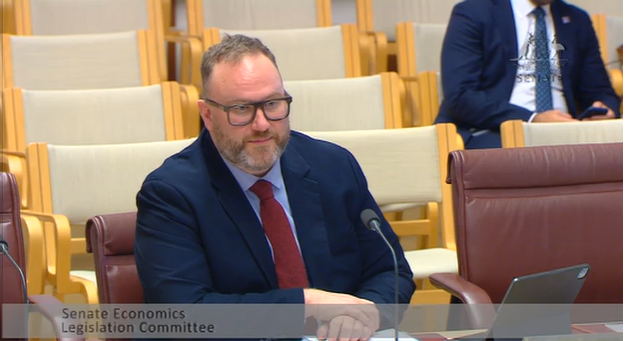ATN Opening statement – PJCIS review of FITS – 21 Feb 2023
28 February 2023Our universities are grounded in Australia and our local communities – this is the lens through which we have a global outlook and allows us to build international networks. We provide a bridge between Australia and a global pool of skills, research and innovation.

ATN Opening Statement – PJCIS review of FITS – 21 Feb 2023
ATN opening statement:
Parliamentary Joint Committee on Intelligence and Security
Review of the Foreign Influence Transparency Scheme Act 2018
The Australian Technology Network of Universities (ATN) is pleased to appear before this inquiry.
ATN’s member universities are Australia’s six most innovative and enterprising universities: Curtin University, Deakin University, RMIT University, The University of Newcastle, University of South Australia, and University of Technology Sydney.
Our universities are grounded in Australia and our local communities – this is the lens through which we have a global outlook and allows us to build international networks. We provide a bridge between Australia and a global pool of skills, research and innovation.
Australia can rightly be proud of its world-class, high-quality and globally connected universities which successfully attract students, researchers and investors from around the world.
Since World War 2, it has been bipartisan Australian Government policy to encourage Australian businesses – including universities – to foster and build relationships with countries within our region. It has been a successful part of Australia’s foreign policy during this time. This undoubtedly continues to serve Australia well.
To date, in partnership with successive Governments, we have adapted to and met the rising challenges faced by Australia in an interconnected and interdependent world.
Government, business and industry have all recognised that global engagement by universities, including research, teaching and cultural exchange, is fundamental to improving Australian society and the economy.
Since the introduction of the Foreign Influence Transparency Scheme (FITS), the sector has worked in partnership with the Government and security agencies on the University Foreign Interference Taskforce (UFIT) and produced the Guidelines to Counter Foreign Interference in the Australian University Sector.
UFIT is the gold standard for collaboration between universities and government and is recognised as such across the world.
The Guidelines, released in 2019 and revised in 2021, provide valuable guidance to the sector on appropriate protections from foreign interference but also raise our collective awareness of foreign influence.
The disclosure of interest questions included in the revised Guidelines capture the information necessary to prevent and address untoward foreign influence at our universities.
Since FITS was introduced, universities have also collaborated closely with the Government on designing and implementing the Foreign Arrangements Scheme. This provides the Government and public with visibility on university partnerships involving foreign governments and is capturing the kinds of arrangements not covered by FITS.
ATN looks forward to continuing to work closely and in consultation with Government to implement and monitor policy settings to ensure they are effective, are built on mutual understanding and obligations, drive a culture of awareness across our sector, and strengthen, rather than diminish, Australia’s open and globally engaged society.
ATN stands by its recommendation that the Government should maintain the proportionate, risk-based and targeted approach it has successfully adopted through UFIT (and other schemes) to address issues of national security, foreign interference, and foreign influence concerning universities.
In doing so, the Government should consider all the existing and inter-connected legislative and regulatory frameworks that apply to universities when seeking to address these issues.
Universities understand and accept it is the responsibility of the Government to set and enforce the standard in these matters, and we, as partners in these endeavours, have demonstrated that we are willing and able to take on proportionate responsibility and protective measures.
It is therefore essential that an appropriate balance is struck so that we appropriately and proportionately respond to security concerns and beneficial collaborations are encouraged.
We welcome any questions that the Committee may have.

